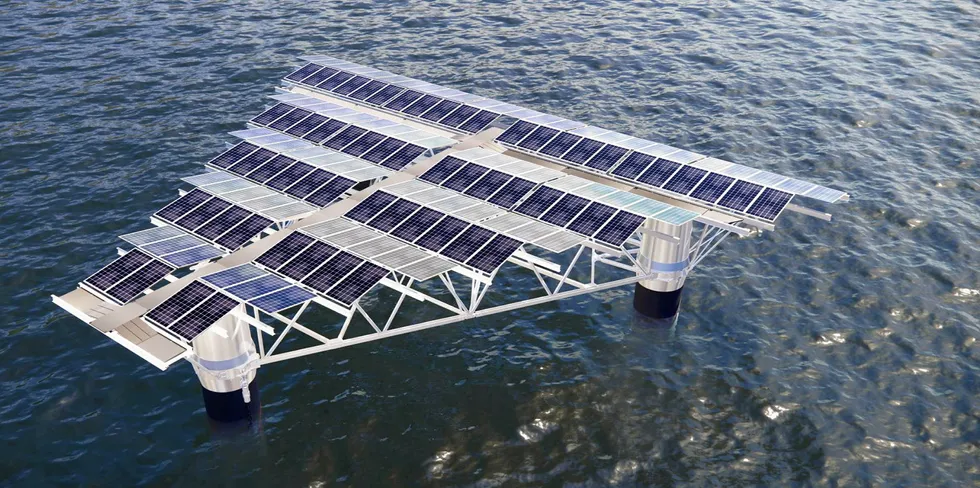Japan's first offshore solar farm to feed robot battery-mule boats with power for Tokyo
Consortium plans futuristic energy system for Japanese capital under cutting-edge technologies programme

Consortium plans futuristic energy system for Japanese capital under cutting-edge technologies programme
